
Naturally-occurring genetic variants may improve autoimmune disease treatment.

Naturally-occurring genetic variants may improve autoimmune disease treatment.
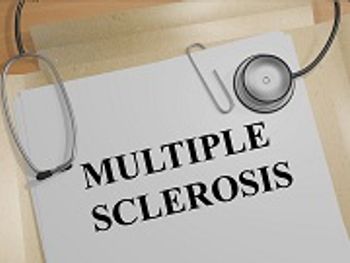
Individuals diagnosed with multiple sclerosis later in life had progressed towards disability quickly.
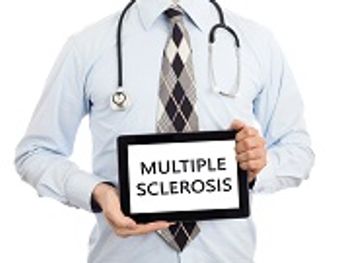
Patients who do not respond to interferon-beta treatment for multiple sclerosis have upregulated levels of certain genes.

There is building consensus that multiple sclerosis and rheumatoid arthritis display similar autoimmune genetic pathways.

Gilenya may cause an increase in CD56+-expressing T cells, which can cause MS relapse.
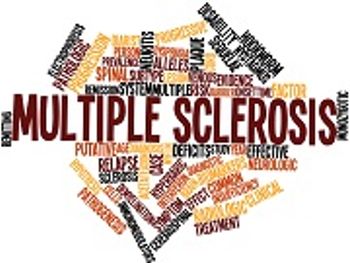
Patients at high risk of early discontinuation of Betaferon should receive consistent care from physicians.
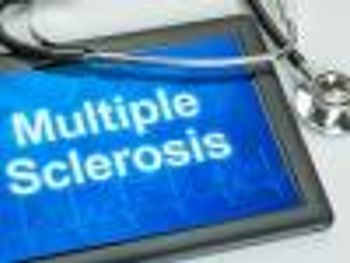
Patients with MS show damage to the pyramidal system had diminished posture control.

Multiple sclerosis may not be associated with developing breast cancer in pre- and postmenopausal women, according to a recent study.

Having multiple sclerosis may not increase the risk of breast cancer in women.

Immunizing mouse models with Qa-1 derived from myelin prevented multiple sclerosis disease progression.
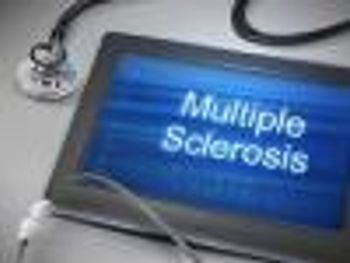
Variants identify areas of the genome associated with multiple sclerosis.

A treatment for multiple sclerosis that treats the most common form of the disease may help reverse some physical disabilities.

After keeping her multiple sclerosis diagnosis a secret for more than a decade, Jamie-Lynn Sigler, teamed up with Biogen’s MS campaign.

Sudden sensorineural hearing loss occurs more often in patients with multiple sclerosis than among the general population.

Researchers unveil the molecular workings of MS drug Tecfidera using new technology.

With no current treatments for patients with aggressive MS, new study findings provide hope.

Laquinimod provides hope for inhibiting aggressive multiple sclerosis.

A nanoparticle delivery system may help manage autoimmune diseases, such as multiple sclerosis, leaving a temporary black mark on patients.

Gilenya (fingolimod) can slow disability progression in patients with relapsing remitting multiple sclerosis.

A new biomarker reveals how the disease will progress in patients.

Research improves projection of multiple sclerosis disease progression.

Laquinimod showed superior results in one trial over another in multiple sclerosis patients.

Methods of trail that examined laquinimod for relapsing-remitting multiple sclerosis scrutinized by researchers.
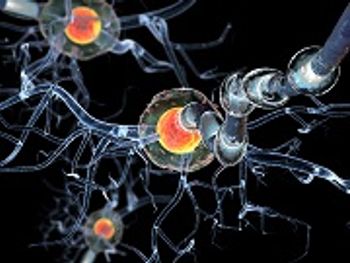
Improved understanding of disease modifying drugs can help patients with MS achieve better outcomes.

Confidence intervals can improve adherence to disease modifying drugs in the care of multiple sclerosis.